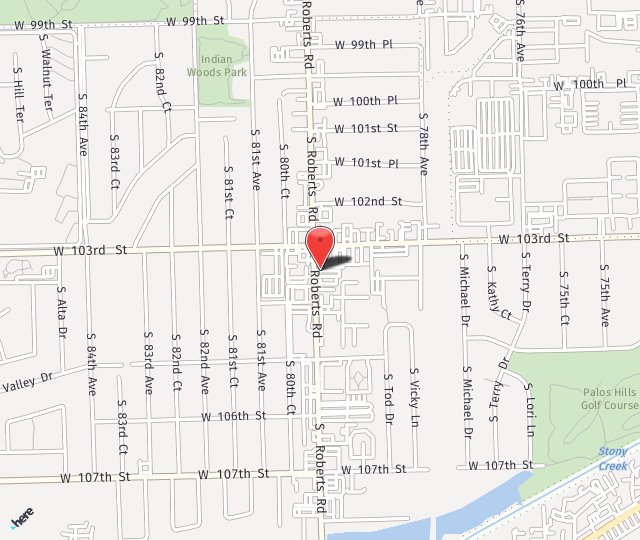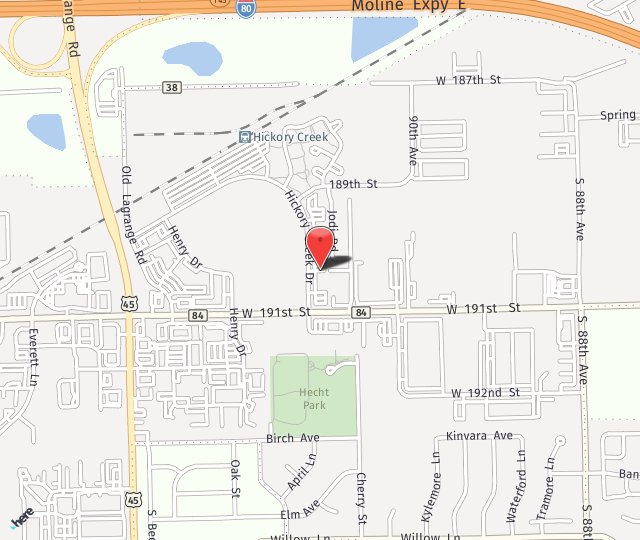PCL Injury Overview & Treatment Options in Chicago
With convenient locations in Palos Hills and Mokena, IL
Understanding Posterior Cruciate Ligament (PCL) Injuries
The posterior cruciate ligament (PCL) is a critical component of the knee joint. It is the strongest ligament, connecting the thighbone to the leg bone, and plays a pivotal role in preventing excessive backward movement of the tibia.
Causes and Nature of PCL Injuries
A PCL injury is also known as a hyperextended knee and occurs when any part of the PCL tears or stretches. This type of injury, which often occurs due to overextending the knee, is typically associated with awkward landings after jumping. Additionally, direct blows to a knee when it is bent can also lead to PCL injuries. It is noteworthy that most PCL injuries occur alongside other serious knee injuries, such as dislocation.
Types of PCL Injuries
PCL injuries can be categorized into four grades based on their severity:
Grade I: Involves a partial tear in the ligament.
Grade II: In addition to a partial tear, patients with this type of injury may also feel as though their joint is loose.
Grade III: This is a complete tear of the ligament, leading to knee instability.
Grade IV: The torn ligament is accompanied by other serious damage to the knee. This is the most severe type of PCL injury.

Symptoms
Individuals with PCL injuries may experience a range of symptoms, including:
- Knee swelling and tenderness
- Knee joint instability
- Pain
- Stiffness
- Difficulty walking, particularly when going down a flight of stairs
While PCL injuries can occur in anyone, they are particularly common among individuals who frequently participate in activities such as skiing, baseball, football, or soccer.
Diagnosis
Diagnosing a PCL injury involves a thorough examination of the knee to assess signs of the injury, including evaluating the range of motion of the knee joint and checking for fluid accumulation, which could indicate internal bleeding. Diagnostic tests such as knee MRI and knee joint X-ray may also be required.
Treatment Approaches for PCL Injuries
The treatment of PCL injuries varies based on the severity of the injury. After receiving prompt medical attention, the injury can be treated by:
Limiting weight bearing: Crutches are typically recommended to help reduce the amount of weight you put on the knee.
Knee brace: Utilized to address instability, which is a common symptom of this type of injury.
Physical therapy: Involves specific exercises intended to strengthen and stabilize the knee.
Surgery: In cases of severe PCL injury, surgery may be the most beneficial treatment option. Knee arthroscopy is a procedure that is often performed to reconstruct the ligament.
Recovering from a PCL injury can take approximately 10 days if the injury is not severe. In cases where surgery was required to address the injury, recovery can take approximately six to nine months.
Schedule a Consultation with an Expert
Individuals experiencing PCL injuries are advised to seek prompt medical attention. When you visit Sarkis Bedikian Orthopedics, you will have access to Dr. Sarkis Bedikian, a skilled orthopedic surgeon who is ready to help you lead a fulfilling, active life without knee pain. Your consultation will involve the development of a personalized treatment plan, which includes comprehensive care and support throughout the recovery process. To book your consultation with an expert, contact our office today.



